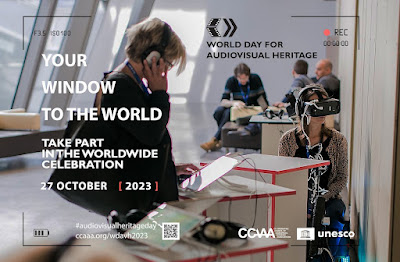 |
| Radio Bantu |
Introduction
Radio Bantu holds a special place in the hearts of many South Africans, offering a rich tapestry of cultural, social, and historical narratives. As we delve into the 21st century, the importance of preserving this invaluable part of our heritage cannot be overstated. In this blog post, we will explore the significance of Radio Bantu and the commendable preservation efforts the South African Broadcasting Corporation (SABC). We will also discuss the vital role that individuals play in safeguarding this unique heritage.
The Historical Significance of Radio Bantu
Radio Bantu, a network of radio stations in South Africa broadcasting in indigenous languages, played a pivotal role in connecting communities across the country. It emerged during a time when apartheid policies were trying to divide and suppress South Africa's diverse cultures. Radio Bantu became a beacon of hope, a platform for communication, education, and cultural preservation.
These stations offered a voice to marginalized communities, allowing them to share their stories, music, traditions, and struggles. For many, it was the only source of information, entertainment, and a window into the broader world. This historical context underscores the importance of preserving Radio Bantu for future generations.
SABC Radio Archives Preservation Efforts
The South African Broadcasting Corporation (SABC) has recognized the historical and cultural importance of Radio Bantu, and they have undertaken extensive preservation efforts to safeguard this unique audio heritage. The SABC Radio Archives team has been diligently working to digitize and archive the extensive collection of tapes and recordings, many of which are at risk of deterioration due to age and storage conditions.
Preserving these archives ensures that the stories and voices of the past remain accessible to future generations, allowing them to connect with their cultural roots and understand the struggles and triumphs of their ancestors. It also provides an essential resource for researchers, historians, and those interested in South Africa's history and culture.
Searching for Material in the Regions
Another crucial aspect of preserving Radio Bantu is the ongoing effort to locate and collect material from the regions where these radio stations are till thriving. Many listeners and community members may have kept recordings of radio broadcasts, interviews, music, and other content that holds historical significance. These materials can provide unique insights into the lives and experiences of people during the apartheid era.
The active search for material in local communities is essential to ensure that no piece of this cultural heritage is lost to time. It also encourages engagement and cooperation with the communities that were most affected by apartheid policies, furthering the dialogue on reconciliation and healing.
Calling on Listeners to Contribute
Preservation efforts are not limited to institutions alone; individuals can also play a crucial role in safeguarding Radio Bantu's heritage. Listeners who possess old tapes, recordings, or any other audio materials from that era are encouraged to come forward and share their collections with the SABC Radio Archives.
By doing so, individuals can contribute to the collective memory of the nation and help ensure that the voices and stories of the past are not forgotten. Their contributions can help piece together a more comprehensive picture of South Africa's history and the role Radio Bantu played in it.
Conclusion
Radio Bantu is a cultural treasure that deserves to be preserved for future generations. It represents a time when diverse communities came together through the medium of radio to share their stories, culture, and resilience in the face of adversity. The preservation efforts of the SABC, coupled with the active involvement of communities and individuals, are essential to secure this rich audio heritage.
As we look toward the future, let us acknowledge the importance of Radio Bantu in shaping the nation's identity and history. By working together to preserve and share this legacy, we can ensure that the voices of the past continue to resonate with the generations to come.
Click here for more:
